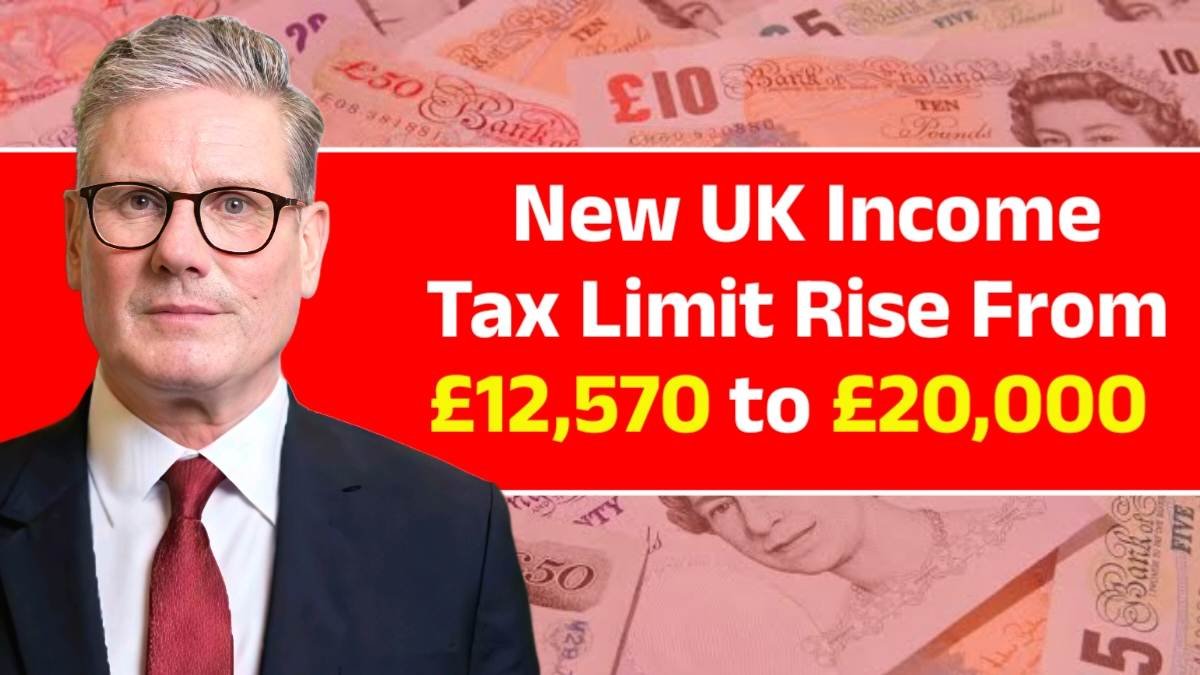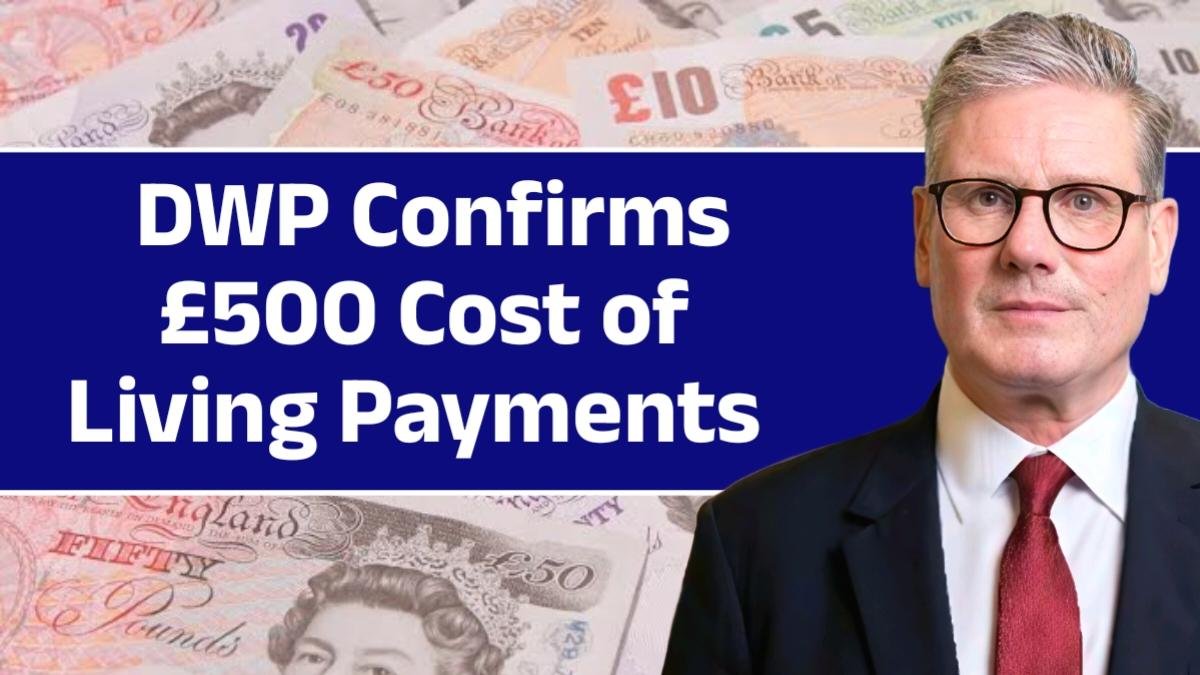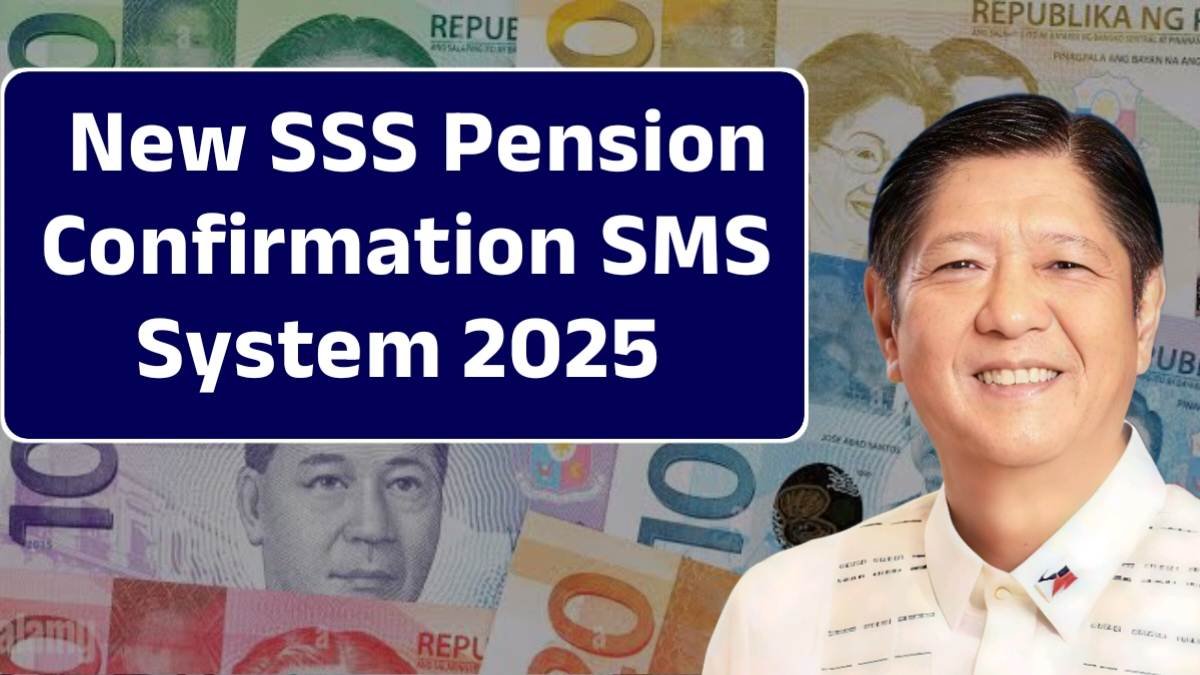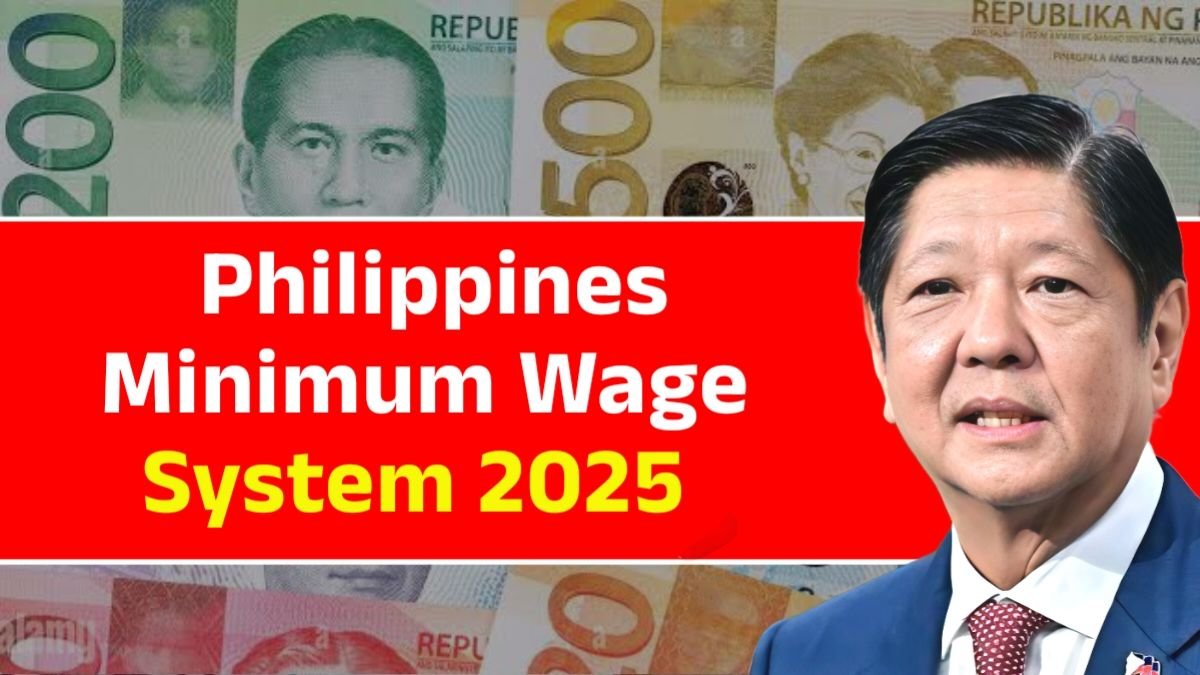The debate around tax thresholds in the United Kingdom has gained renewed attention in 2025 after a major petition called for the UK Personal Allowance to increase from £12,570 to £20,000. This move is being pushed to help low-income earners keep more of their wages and provide pensioners with tax relief on their State Pension.
The petition, introduced by Alan David Frost, has already surpassed 281,000 signatures, well beyond the 100,000 mark required for Parliament to formally debate the issue. The proposal has sparked discussions across the country, highlighting both the potential benefits for citizens and the challenges for the Treasury.
Overview
| Aspect | Current Personal Allowance | Proposed £20,000 Allowance |
|---|---|---|
| Tax-free income | £12,570 | £20,000 |
| Impact on Pensioners | Many pay tax on pensions | Most pensions would be tax-free |
| Benefits for middle earners | Limited | Up to £1,486 savings annually |
| Treasury impact | Neutral | £40–50bn annual revenue loss |
| Inflation effect | Stable | Potential rise due to increased spending |
Understanding the UK Personal Allowance
The Personal Allowance is the income threshold that individuals can earn before being subject to income tax. Currently set at £12,570, this figure has been frozen since 2021, despite inflation and wage growth. Critics argue that the freeze has pulled more people into higher tax brackets, reducing disposable income and eroding living standards.
Why Raise the Allowance?
Supporters of the £20,000 proposal suggest several benefits:
- Boost for Low Earners – Workers would enjoy higher take-home pay.
- Relief for Pensioners – Many retirees would no longer pay tax on their State Pension.
- Consumer Spending Growth – Increased disposable income could fuel economic activity.
- Reduced Benefit Dependency – Individuals could rely less on welfare programs.
Eligibility Criteria
Beneficiaries
- Low-income workers – Many would fall outside the tax system.
- Pensioners – Most State Pensions would be exempt from taxation.
- Middle-income earners – Could save up to £1,486 annually.
Challenges
- Massive Treasury loss of £40–50bn annually.
- Risk of new taxes to fill the gap.
- Inflationary pressure due to higher spending power.
Government Response – September 2025 Update
While the petition has gained significant traction, the UK Government remains cautious. In its latest response, ministers emphasized fiscal responsibility and expressed concerns about the £40–50 billion annual cost of such a change.
The government highlighted the following risks:
- Severe tax revenue cuts affecting schools, healthcare, and social care.
- Economic stability challenges, particularly in the current inflation-sensitive environment.
- Potential need for other tax rises such as VAT or National Insurance to balance finances.
For official updates on UK tax rules, visit the UK Government – HM Revenue & Customs website.
What Happens Next?
The UK’s petition process follows a structured pathway:
- At 10,000 signatures, the Government must respond officially.
- At 100,000 signatures, Parliament considers a debate.
- With over 281,000 supporters, the issue will now be discussed in the House of Commons.
This doesn’t guarantee the proposal will pass, but it ensures the tax allowance debate remains on the national agenda.
Current UK Personal Allowance Rules
- Standard allowance: £12,570.
- For earnings above £100,000, the allowance decreases by £1 for every £2 earned.
- At £125,140 or more, individuals lose the allowance entirely.
- Couples may transfer allowances under the Marriage Allowance scheme.
- People born before 6 April 1935 may qualify for the Married Couple’s Allowance.
Final Thoughts
The proposal to raise the UK Personal Allowance from £12,570 to £20,000 has ignited strong debates about fairness, affordability, and economic sustainability. While pensioners and workers could significantly benefit, the fiscal cost poses a serious challenge for government budgets.
As Parliament prepares to debate the matter, the decision will likely shape future tax policy, pensioner welfare, and public services funding in the years to come.







